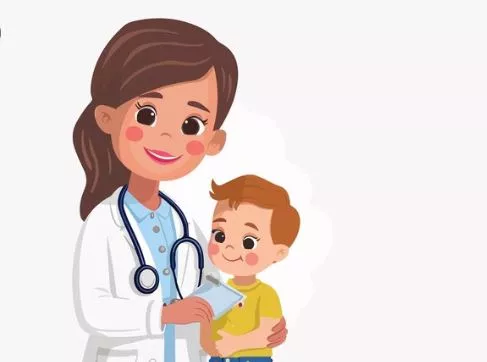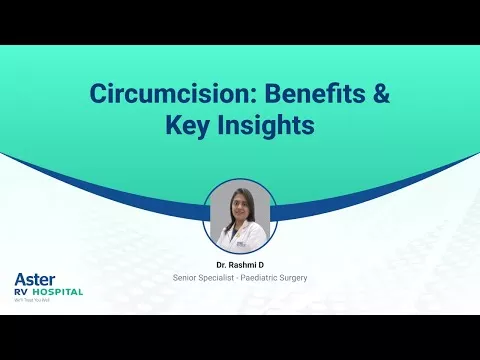As a Paediatric surgeon, one of the conditions I frequently encounter is undescended testis, medically known as cryptorchidism. This condition occurs when one or both testicles fail to descend into the scrotum before birth. Understanding this condition is crucial for parents, as it has implications for a child's health and development.
What is Undescended Testis?
During fetal development, the testicles form in the abdomen and typically descend into the scrotum shortly before birth. In cases of undescended testis, this process does not occur as expected. This condition is relatively common, affecting about 3-4% of newborn boys. It can affect one or both testicles, with the left testicle often being more commonly involved.
Causes and Risk Factors
The exact cause of undescended testis is not always clear, but several factors may increase the likelihood of this condition:
- Prematurity: Boys born prematurely are at a higher risk.
- Low Birth Weight: Infants with lower birth weights are more likely to have undescended testis.
- Hormonal Factors: Hormonal signaling issues during development can contribute.
- Genetic Factors: A family history of undescended testis may increase risk.
- Maternal Factors: Conditions like diabetes or smoking during pregnancy can also play a role.
Importance of Early Detection
Early detection of an undescended testis is vital. Paediatricians typically perform a physical examination shortly after birth and during well-child visits. If a testicle is not palpable in the scrotum, further evaluation by a Paediatric surgeon is warranted.
Potential Complications
If left untreated, undescended testis can lead to several complications:
Infertility: The higher temperature in the abdomen can affect sperm production.
Testicular Cancer: The risk of testicular cancer increases in undescended testis.
Inguinal Hernia: There is an increased risk of hernias in the groin area.
Psychosocial Impact: Concerns about body image and self-esteem can arise as the child grows.
Testicular Torsion: Another serious risk is testicular torsion, which occurs when the spermatic cord twists, cutting off blood supply. This is a surgical emergency, often presenting with sudden pain and swelling. Any delay in management may lead to death of the involved testis.
Management Options
Management of undescended testis typically involves a careful assessment followed by intervention if necessary. The two primary options are:
Observation: In many cases, especially if the testicle is in the inguinal canal, it may descend on its own within the first few months of life. Regular follow-up with the Paediatrician is essential during this period.
Surgical Intervention (Orchidopexy): If the testicle does not descend by six months to one year, surgery is generally recommended. Orchidopexy can be performed through open surgery or laparoscopically.
Laparoscopic Orchidopexy : (indicated if the testis cannot be palpated in the groin): This minimally invasive technique involves small abdominal incisions where a camera and instruments are inserted. The surgeon locates the undescended testis and brings it into the scrotum. Benefits of this approach include less postoperative pain, reduced recovery time, and smaller scars compared to traditional methods.
Open Orchidopexy (when testis can be palpated in the groin):
The surgeon makes an incision in the groin or scrotum to access the undescended testis. The testicle is carefully brought down and secured in place. The procedure usually lasts about one hour, and children can often return home the same day.
Post-operative care includes pain management and monitoring for complications like infection or swelling. Most children resume normal activities within a few days.
Follow-Up Care
After surgery, regular follow-up appointments with the Paediatric surgeon are crucial to monitor the testicle's position and overall health. Continued surveillance is necessary to ensure proper development and address any concerns.
Conclusion :
As a parent, understanding undescended testis is vital for ensuring your child’s health and well-being. Early detection, appropriate management, and follow-up care can significantly reduce the risk of complications. If you have concerns regarding your child's testicular development, consult a Paediatric Surgeon. With the right information and support, you can help ensure a healthy future for your child.









